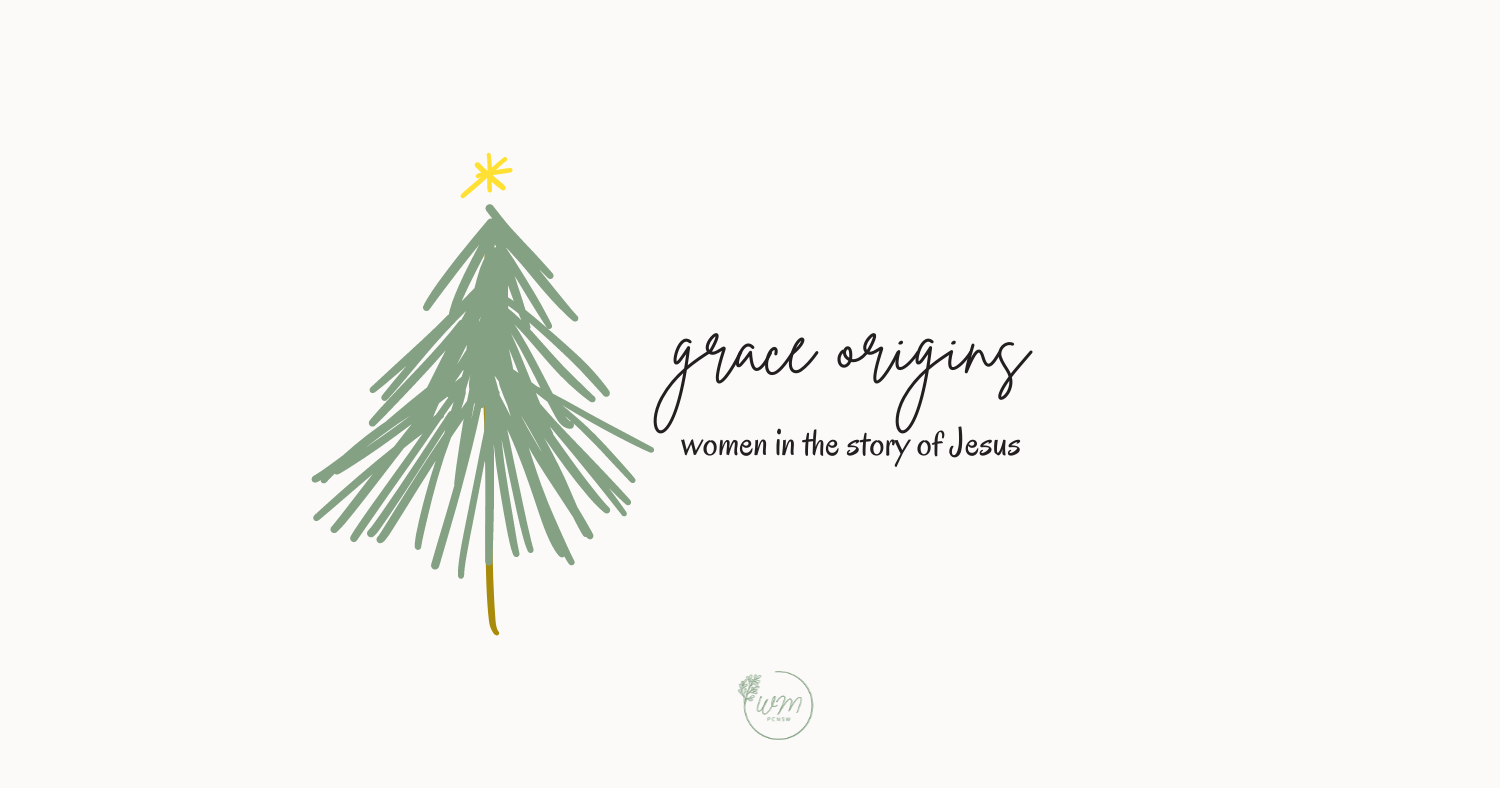
We first meet Rahab in Joshua 2: Two spies enter Jericho in the cloak of darkness, but are soon found out. They come to the home of “a prostitute named Rahab”.
The king of Canaan sent word to Rahab, calling her to bring out the spies. She had to make a decision: would she hand them over? Or offer them protection?
If she protected them, and their expedition failed, Rahab would have been left to face her own people as a traitor. If it succeeded, she may have faced the Israelite’s retribution: the law of Moses forbade prostitution, and the punishment was death by stoning. (Deut 22:21)
Would she heroically defend her homeland by handing over the invaders, or protect the spies, deceive the king, and possibly face the full measure of Israelite law.
Rahab chose to protect the spies. She deceived the king.
Rahab then makes a bold profession of faith: she has seen God’s hand over the Israelites as He delivered them from slavery in Egypt, defeating Pharaoh and defending them against the Ammonites. She declares what she believes to be true: “that the LORD God is God. He is God in the heavens above and on the earth below.”
Rahab’s decision, and declaration, is neither politically expedient or a desperate plea for survival. It is a declaration and act of faith. She is convinced, both intellectually and spiritually, that Yahweh, the God of the Israelites, is the true God.
She acts in faith. She pledges allegiance to the LORD God over the gods of her people.
And then she negotiates with the spies: securing her own life and freedom, and that of her entire family when they returned. She helped them escape, lowering them from the roof with a scarlet cord, which remained in the window as a mark of protection.
When the Israelites would return to invade and destroy Jericho, they promised to “pass over” the house with a red cord in the window. The red cord would guarantee the salvation of her family.
Thousands of years later, Rahab’s act of faith merits her inclusion in the “Hall of Faith” (Heb 11) by the writer of Hebrews. . Her faith “is credited to her as righteousness”, and she is included among the greats: Abraham, Jacob, Joseph and Moses. She is commended in the book of James (2:25), as her works are evidence of faith, justifying her before God.
Of course, Rahab’s faith is a gift from God (Eph 2). In His mercy, God gave Rahab an undeserved gift: faith in Him. And through this faith, she extends grace to the Israelite spies: helping them escape unnoticed.
A closing note: the scarlet cord quietly alludes to Jesus’ origins of grace. It’s likely that the scarlet cord was a cultural signifier, similar to the flashing lights that mark current day brothels. For the Israelites, it would have been a symbol of shame, exposing Rahab’s line of work. But in this case, it became the symbol of salvation for Rahab’s family, as the Israelites passed over her home in their brutal conquest of Jericho. The scarlet cord quietly points to the cross: that symbol of shame that, in Jesus, becomes the brilliant symbol for our salvation.
A treasonous prostitute, woven into the human DNA of Jesus, the very son of God? Of course! Because it reveals his origins of grace.
Grace upon grace upon grace: just as it was for Rahab, so it is for us today.
